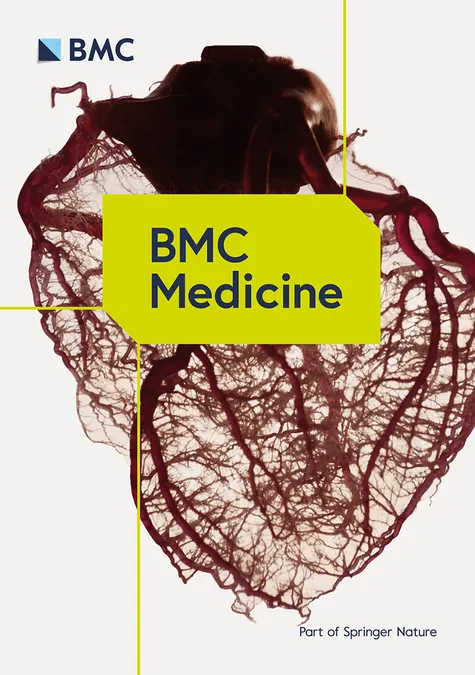
Revolutionizing Clinical Trials: The Case Against ‘Negative’ Terminology in Biomarker Research
2025-05-28
Author: Arjun
Rethinking Biomarker Trials
Biomarker-guided clinical trials are transforming how we approach medical research, yet many lessons have emerged from their early implementation. Unlike traditional clinical trials, these studies focus on determining the clinical utility of biomarkers rather than solely measuring the effectiveness of treatments. This distinction is crucial as it shifts the research focus toward optimizing patient care.
The Purpose of Biomarker Trials
The primary aim of most biomarker trials is to establish whether a biomarker holds clinical value. This means that even if a treatment proves ineffective, discovering the lack of utility for a biomarker is still a significant achievement. Such insights can redirect resources toward more fruitful clinical inquiries, ultimately advancing the scientific frontier.
Noteworthy Trials: Cracking the Code
Consider the PROFILE trial, which investigated a blood-based biomarker in Crohn’s disease. Despite the promising preliminary data, the trial revealed that the biomarker failed to show clinical utility, indicating that early intervention is beneficial for most patients. This finding supported a paradigm shift in treating Crohn's, emphasizing the importance of actionable data over mere treatment effectiveness.
Similarly, the K-Umbrella GC trial evaluated various targeted therapies for gastric cancer using a biomarker-guided strategy. Though it did not demonstrate improved survival compared to standard care, the trial underscored the viability of biomarker-guided treatment for second-line therapy. Such outcomes, often labeled as 'failure,' are critical contributions to the ongoing medical dialogue.
Breaking the Cycle of Negative Terminology
Many in the field cautiously refer to studies that don’t meet expected outcomes as ‘negative’ or ‘failed.’ This archaic terminology can perpetuate publication bias, suppressing crucial findings that could steer future research efforts. Rather than viewing these trials as failures, they should be appreciated for the insights they provide—even when the results are not what was hoped for.
Shifting the Narrative in Clinical Research
We advocate for a change in how biomarker trials are described. Researchers and journal editors should resist labeling studies as negative. Instead, each trial should be evaluated on its design, conduct, analysis, and whether it answers its research question. Evidence of a biomarker's clinical utility must be established, and trials should be sufficiently powered to validate their findings.
The Path Forward for Clinical Trials
To enhance the precision of biomarker trials, we propose the adoption of clear statistical analysis plans and the estimand framework to clarify research objectives. Engaging experienced statisticians and independent oversight can further mitigate biases, ensuring robust results. Thus, even trials that do not demonstrate a biomarker's utility should be celebrated as successes for answering pivotal questions in medical research.
Conclusion: A New Era in Medical Research Terminology
It is imperative that we move beyond traditional notions of positive versus negative outcomes, fostering a narrative that acknowledges all contributions from clinical research. By focusing on whether a study has answered its research question, we can enrich our understanding and support the continual evolution of biomarker-guided trials. Let's redefine success in research, one trial at a time!





 Brasil (PT)
Brasil (PT)
 Canada (EN)
Canada (EN)
 Chile (ES)
Chile (ES)
 Česko (CS)
Česko (CS)
 대한민국 (KO)
대한민국 (KO)
 España (ES)
España (ES)
 France (FR)
France (FR)
 Hong Kong (EN)
Hong Kong (EN)
 Italia (IT)
Italia (IT)
 日本 (JA)
日本 (JA)
 Magyarország (HU)
Magyarország (HU)
 Norge (NO)
Norge (NO)
 Polska (PL)
Polska (PL)
 Schweiz (DE)
Schweiz (DE)
 Singapore (EN)
Singapore (EN)
 Sverige (SV)
Sverige (SV)
 Suomi (FI)
Suomi (FI)
 Türkiye (TR)
Türkiye (TR)
 الإمارات العربية المتحدة (AR)
الإمارات العربية المتحدة (AR)